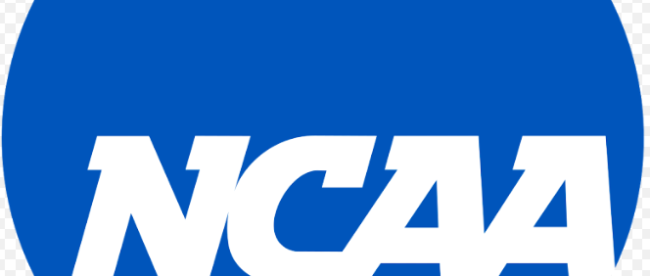It’s Time to Pay the Student-Athletes

It seems as if every year a new NCAA scandal emerges. This year, an FBI investigation revealed corruption, bribery, and fraud between assistant coaches, universities, investment firms, and Adidas affiliates. The biggest school involved is the University of Louisville, which is a college basketball powerhouse. In the complaint of the criminal case, U.S. v. James Gatto, it is alleged that James Gatto (Adidas’ global sports marketing director for basketball), Merl Code (a former NCAA basketball player now associated with Adidas), and Munish Sood (the founder of investment services firm Princeton Capital) paid $100,000 to a high school recruit to commit to Louisville. The case also alleges that Sood would manage the player’s money and the player would sign with Adidas when he entered the NBA. The investigation suggests that Rick Pitino was involved in this corruption, and as a result, Pitino was fired on October 16, 2017.
Under the current NCAA model, student-athletes are considered amateurs and cannot be paid. It is a model that emphasizes the “spirit of the game”, and pays student-athletes with a value of an education. Education is extremely important; however, its value is minuscule compared to how much money these top college football and basketball programs bring in to their respective universities. Firstly, the NCAA, which is a non-profit organization, gets nearly $8 billion per year. The top 24 schools each made at least $100 million annually from their sports programs. The highest-grossing school on the list was Texas A&M, which brought in $192.6 million from its college sports programs in 2016. Not only do student-athletes receive none of the money brought in, but they are not even allowed to make money from their likeness. Sticking with Texas A&M, it was only a few years ago when Johnny Manziel, former quarterback for the Texas A&M football team, was suspended by the NCAA for making money from signing products. The hypocrisy of the NCAA model is that regular college students could profit off of a product they make or using their own likeness; however, a college athlete is suspended for doing the very same thing, even though he or she may be responsible for bringing in millions of dollars for the university.
The current scandal involving Louisville and the FBI is not going to dissuade other teams from bending the rules and paying players. Louisville, like all the other teams caught paying teams, will clean house, serve the punishment from the NCAA, and will likely then continue the same practices unless the rules significantly change. It is in every university’s economic interest to bend the rules to get the best players, which leads to more games won, which leads to more exposure, which finally leads to more money coming in. The NCAA amateurism model is an outdated system that never could have imagined college athletics would become a multi-billion dollar enterprise. Continuing this system is only going to be a waste of time for federal authorities and the courts. If the NCAA allowed schools to pay their athletes like employees on the free market, not only would the students be better off, but the FBI and the courts could focus more attention on injustices that actually matter.
Suggested citation: Zane Shephard, It’s Time to Pay the Student-Athletes, Cornell J.L. & Pub. Pol’y, The Issue Spotter, (Nov. 11, 2017), http://jlpp.org/blogzine/its-time-to-pay-the-student-athletes/.
